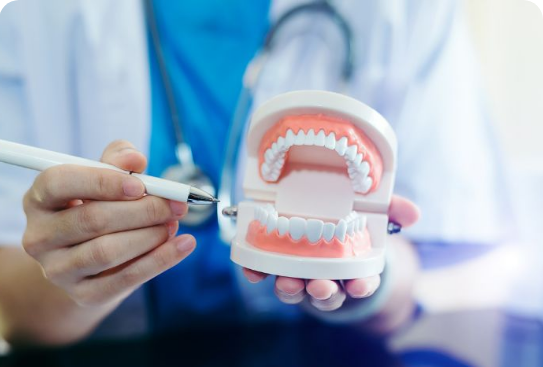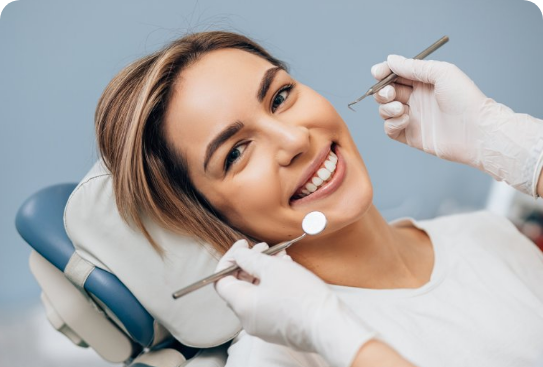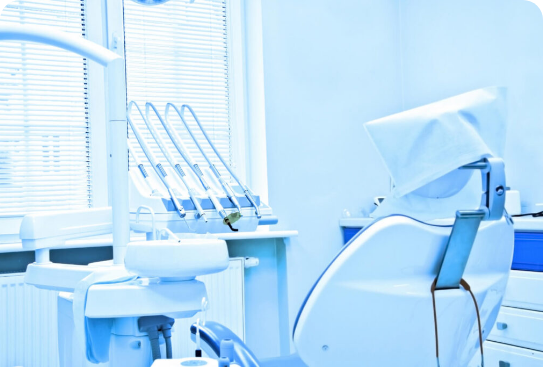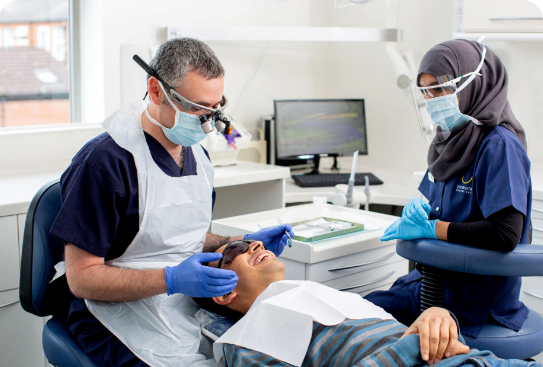Blog
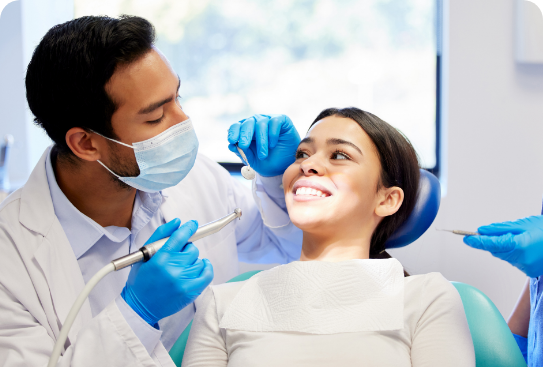
Debunking Common Dental Myths: Separating Fact from Fiction

by. user admin
2023-08-16
Maintaining good oral health is crucial for our overall well-being, yet there are numerous myths and misconceptions that often cloud our understanding of proper dental care. From old wives' tales to urban legends, these dental myths can lead to harmful practices or neglect of essential routines. In this blog post, we'll take a closer look at some of the most prevalent dental myths and separate fact from fiction.
Myth 1: Sugar is the Sole Cause of Cavities
While it's true that sugar can contribute to tooth decay, it's not the only factor. Cavities form when bacteria in the mouth break down sugars and produce acid that erodes tooth enamel. However, carbohydrates from foods like chips, bread, and pasta can also contribute to this process. The key lies in maintaining proper oral hygiene by brushing, flossing, and visiting the dentist regularly.
Myth 2: Flossing Isn't Necessary
Flossing often takes a back seat to brushing, but it's just as essential. Flossing removes food particles and plaque from between teeth and along the gumline, areas that a toothbrush can't reach effectively. Neglecting flossing can lead to gum disease and cavities in these hidden spaces.
Myth 3: Whitening Toothpaste Can Replace Professional Teeth Whitening
Whitening toothpaste can help remove surface stains and lighten teeth slightly, but for noticeable and long-lasting results, professional teeth whitening is the way to go. Dentists use stronger agents that penetrate deeper into the enamel, providing a more dramatic improvement in tooth color.
Myth 4: Brushing Harder Equals Cleaner Teeth
Brushing too hard or using a hard-bristled toothbrush can actually damage tooth enamel and irritate gums, leading to sensitivity and receding gums. A soft-bristled toothbrush and gentle, circular motions are sufficient to remove plaque without harming your teeth and gums.
Myth 5: If My Gums Bleed, I Should Avoid Brushing and Flossing
Bleeding gums can be a sign of early gum disease, known as gingivitis. Rather than avoiding oral care, it's crucial to brush and floss gently and consistently. Regular oral hygiene can help reverse gingivitis and prevent it from progressing to more severe forms of gum disease.
Myth 6: Baby Teeth Don't Need Much Attention
Although baby teeth eventually fall out, they play a significant role in a child's development. They aid in speech development, maintain space for permanent teeth, and help children chew properly. Neglecting baby teeth can lead to cavities, pain, and potential issues with the eruption of permanent teeth.
Myth 7: Chewing Gum is Bad for Your Teeth
Sugar-free chewing gum can actually be beneficial for your teeth. Chewing gum stimulates saliva production, which helps neutralize acids, wash away food particles, and strengthen tooth enamel. Look for gum with xylitol, a natural sweetener that can also reduce bacteria growth in the mouth.
Myth 8: Dental Visits Are Only Necessary When Something Hurts
Preventive dental care is vital to catching issues before they become painful or severe. Regular dental check-ups allow your dentist to detect and address problems early, saving you from discomfort and potential expensive treatments down the line.
Myth 9: Braces Are Only for Kids
Orthodontic treatment isn't limited to children. In fact, more adults are seeking orthodontic care to correct misalignments, improve their bite, and enhance their smiles. Modern options like clear aligners make orthodontic treatment more discreet and convenient for adults.
Myth 10: Natural Remedies Can Replace Dental Treatments
While some natural remedies can complement your oral care routine, they're not a substitute for professional dental treatments. Oil pulling, for instance, might have some benefits, but it's not a replacement for brushing, flossing, and regular dental visits.
In conclusion, debunking dental myths is crucial for maintaining optimal oral health. By staying informed and following evidence-based practices, you can ensure that your smile remains healthy, vibrant, and free from the pitfalls of misinformation. Remember, your dentist is your best source of accurate information and personalized guidance for your dental care journey.
Understanding Different Types of Orthodontic Treatments
A radiant smile has the power to light up a room and boost your self-confidence. For many individuals, achieving that picture-perfect smile may req
Choosing the Right Toothbrush and Toothpaste
Maintaining good oral hygiene is essential for a healthy and confident smile. While brushing and flossing form the foundation of oral care, selecti
Transforming Your Smile with Cosmetic Dentistry
A captivating smile has the power to make a lasting impression and boost one's self-confidence. However, not everyone is blessed with a perfect

